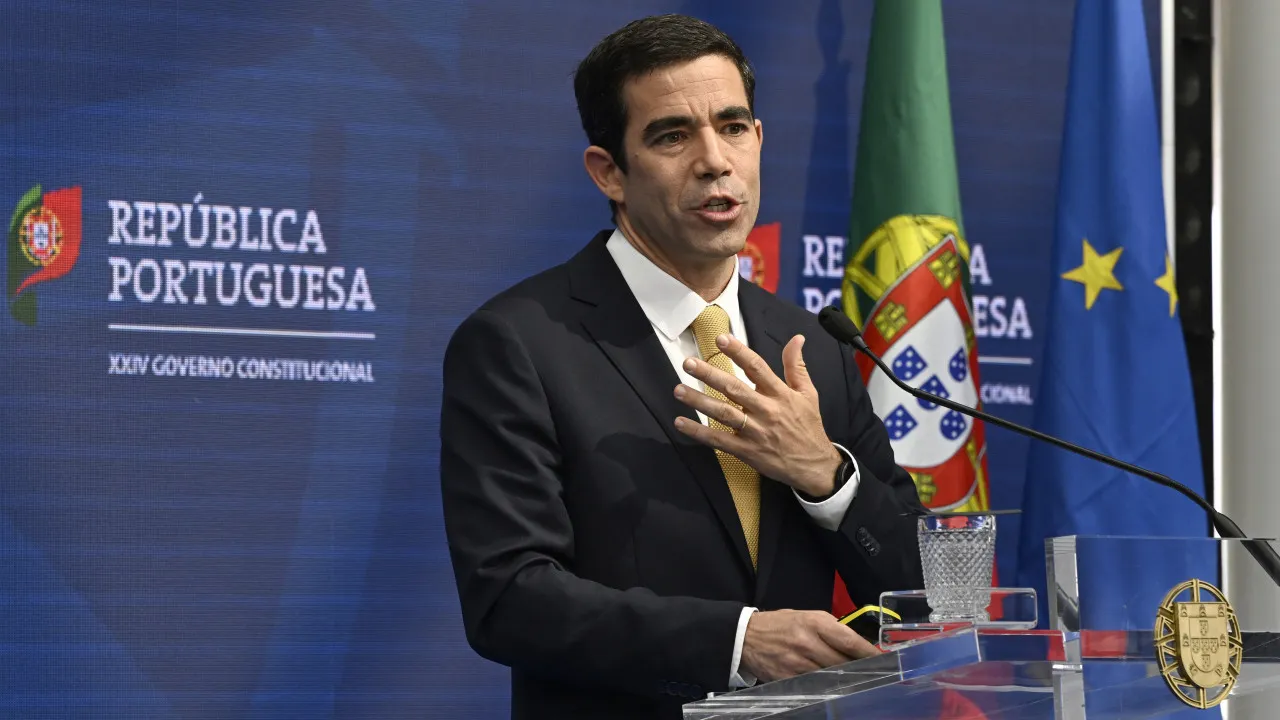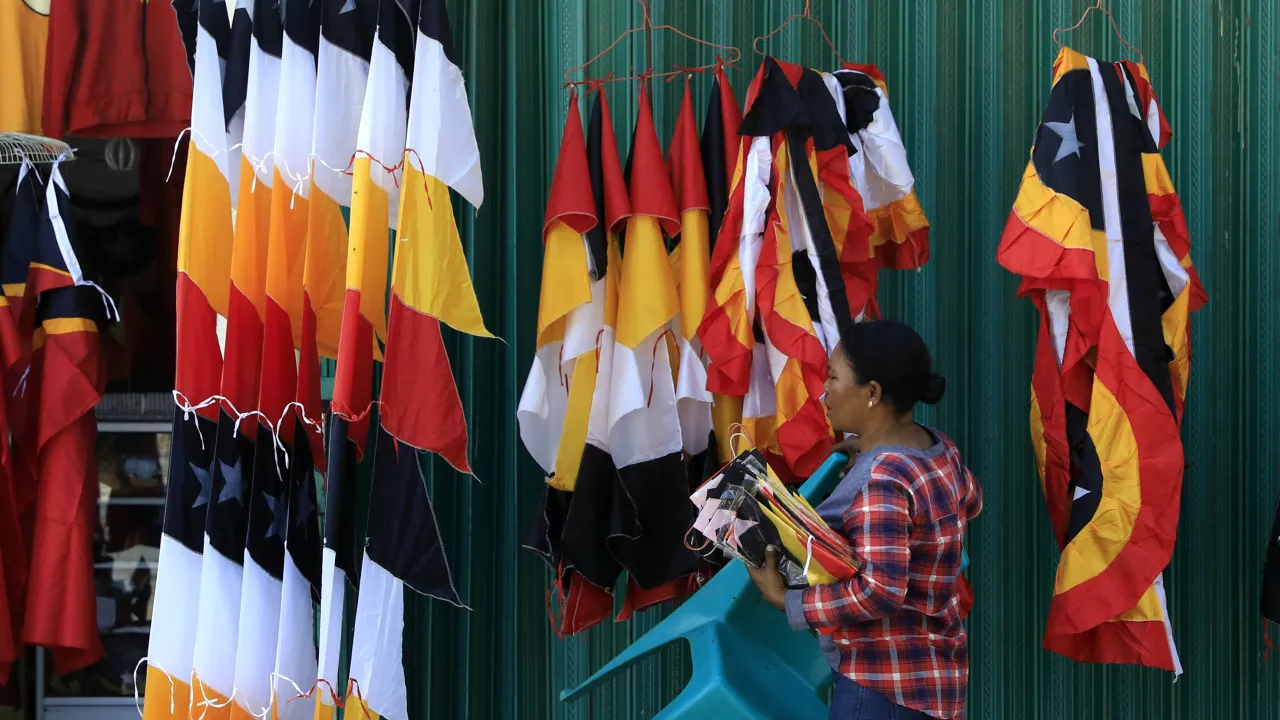The Secretary-General of the PCP expressed support today for industry workers demanding early retirement due to strenuous conditions and predicted that some parties would oppose this proposal despite offering “crocodile tears.”
BE National Coordinator, Mariana Mortágua, also attended a gathering of industry workers in front of Portugal’s Assembly of the Republic. The event was organized by FIEQUIMETAL CGTP-IN on the same day that deputies debated a petition for formal recognition of these professions as demanding early retirement.
Just before the parliamentary debate, the PCP leader noted, “with some regret,” the anticipation of “crocodile tears speeches,” emphasizing the essential role workers play.
“Blah, blah, blah. Then, in the end, they will align, just like they did last week against closing large retailers on Sundays and holidays. That’s certainly what’s going to happen,” he criticized.
Paulo Raimundo underlined that this does not undermine the justice in these demands nor lessen the need to fulfill them, calling attention to the physical and psychological consequences for those working shifts.
The communist leader reiterated his characterization of PSD, CDS-PP, Chega, IL, and PS as the “backward quintet” within the new parliamentary framework formed after the May elections.
“This backward quintet takes turns. One day they play one instrument, tomorrow they play another, but they are all coordinated within the same dynamic, the same policy,” he accused.
Questioned about the meetings called by the government with Chega, IL, and PS regarding changes to nationality and immigration legislation, Raimundo noted that it’s “no coincidence that they reach out to members of the quintet” on these topics.
“They’re all coordinating. They’ll create some maneuvers, display some apparent disagreements, but in the end, they’ll all agree. And that’s the real drama,” he argued.
BE’s Mariana Mortágua, who also attended the gathering, highlighted the fight’s significance, involving “physically demanding professions.”
“We have consistently argued that everyone working nights or shifts should have special conditions to perform their jobs and access early retirement,” she stated.
The lone deputy noted that the previous PS government had already established a working group to recognize strenuous professions, but the current PSD/CDS-PP executive “did absolutely nothing, deciding the only priority in labor law was to amend the strike law.”
“The government prioritizes issues unrelated to people’s lives, day-to-day activities, or the quality of life and work for those living and working in Portugal,” she lamented.
When asked if it’s a bad sign that the government called meetings with Chega, PS, and IL on nationality law, Mortágua argued that “there is no possible dialogue once the government chooses to impose an agenda from the far right on the country.”
Questioned about presidential elections and whether BE is still waiting for António Sampaio da Nóvoa to run or would support the communist António Filipe, Mariana Mortágua dismissed “speculations” and emphasized the importance of a candidacy that could “transcend party boundaries and create democratic spaces for hope, decency, and dignity.”
Meanwhile, Paulo Raimundo, when asked if he would welcome other left-wing parties supporting António Filipe, stated that it’s up to each political force to make those decisions.
“It is fair to say that António Filipe, with his character, attributes, and the project he carries, is a candidate occupying that democratic and patriotic space, reaching far beyond the borders of the PCP,” he argued.




